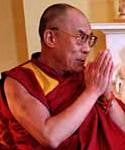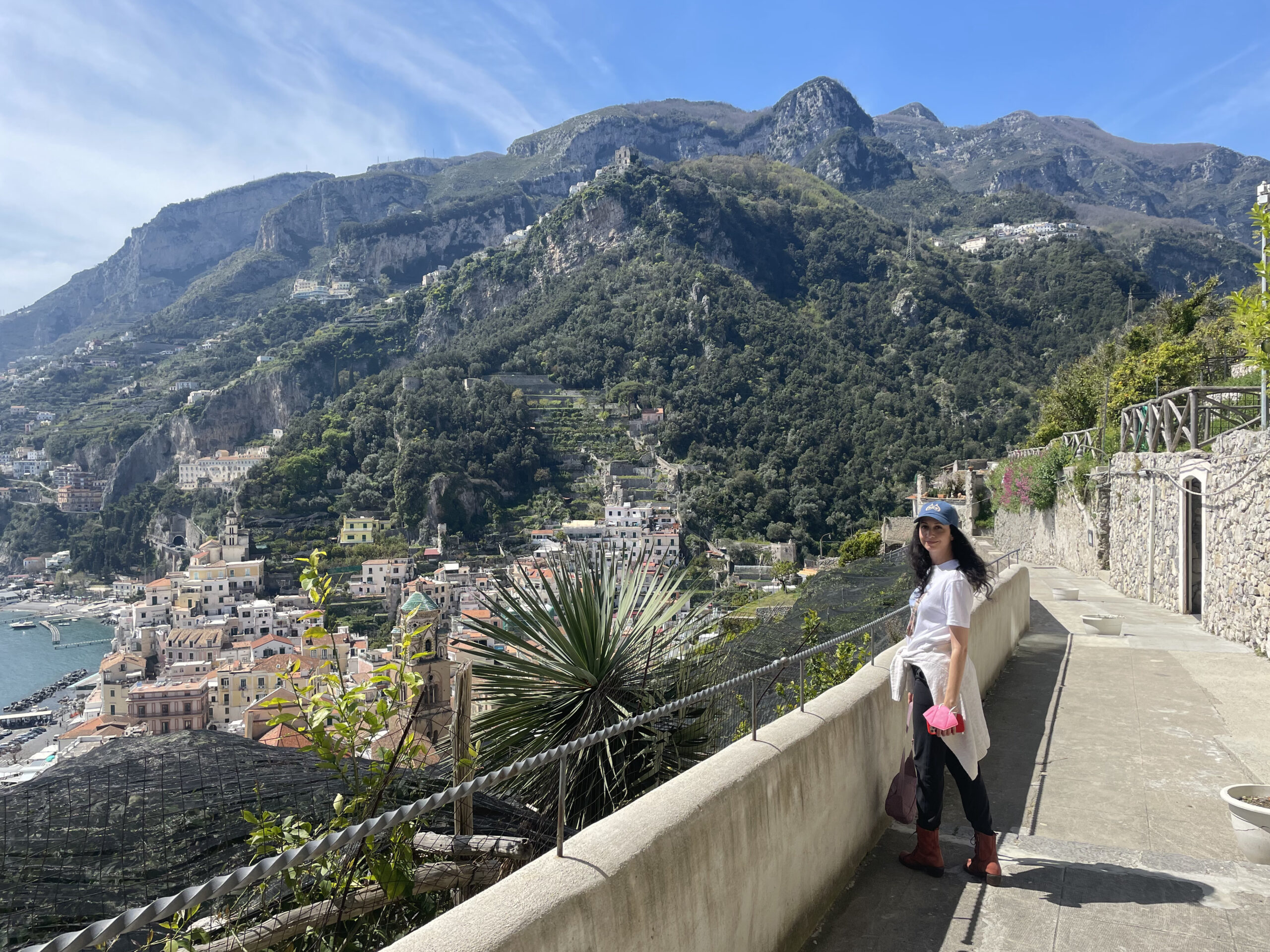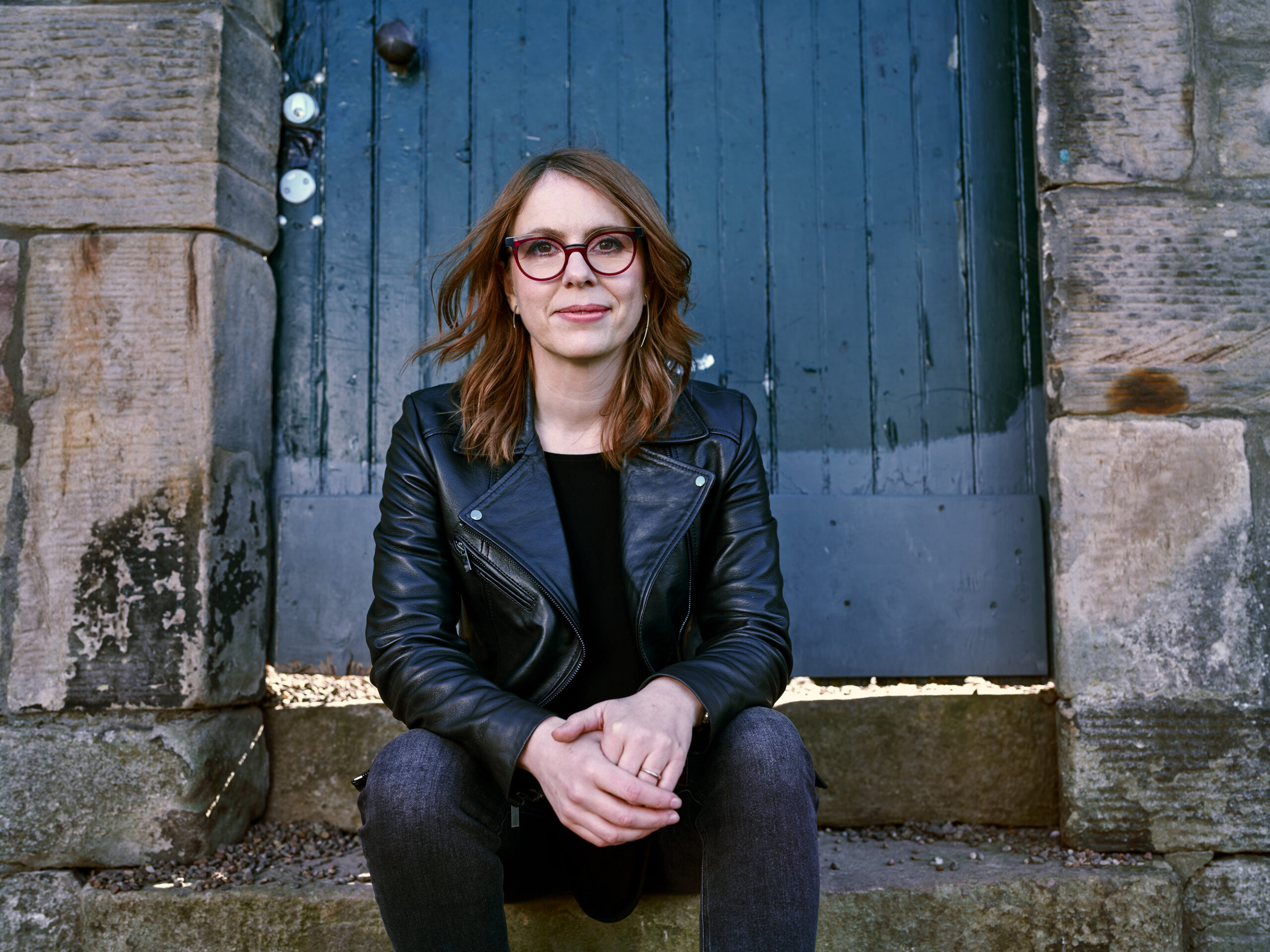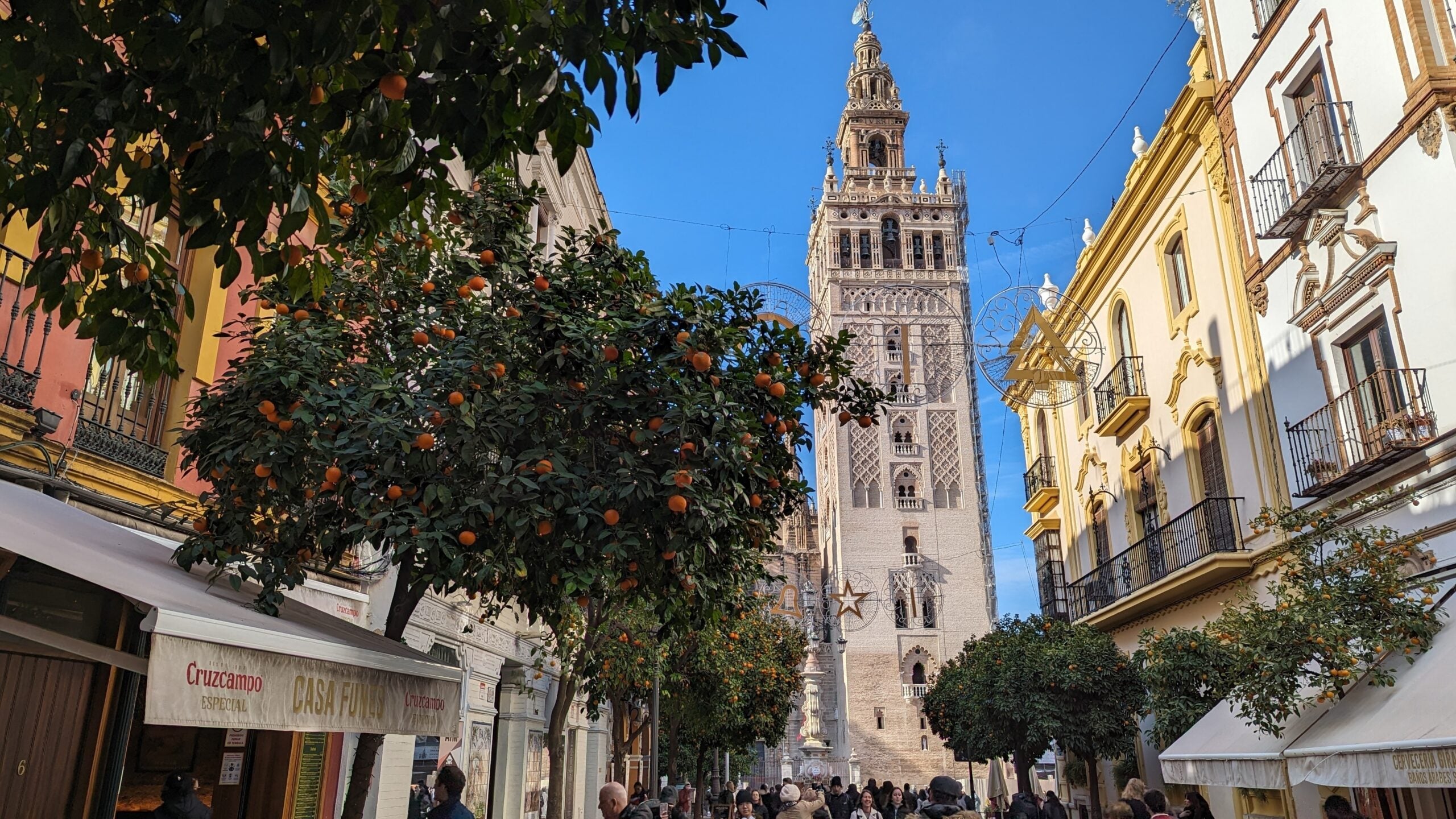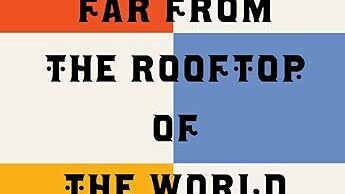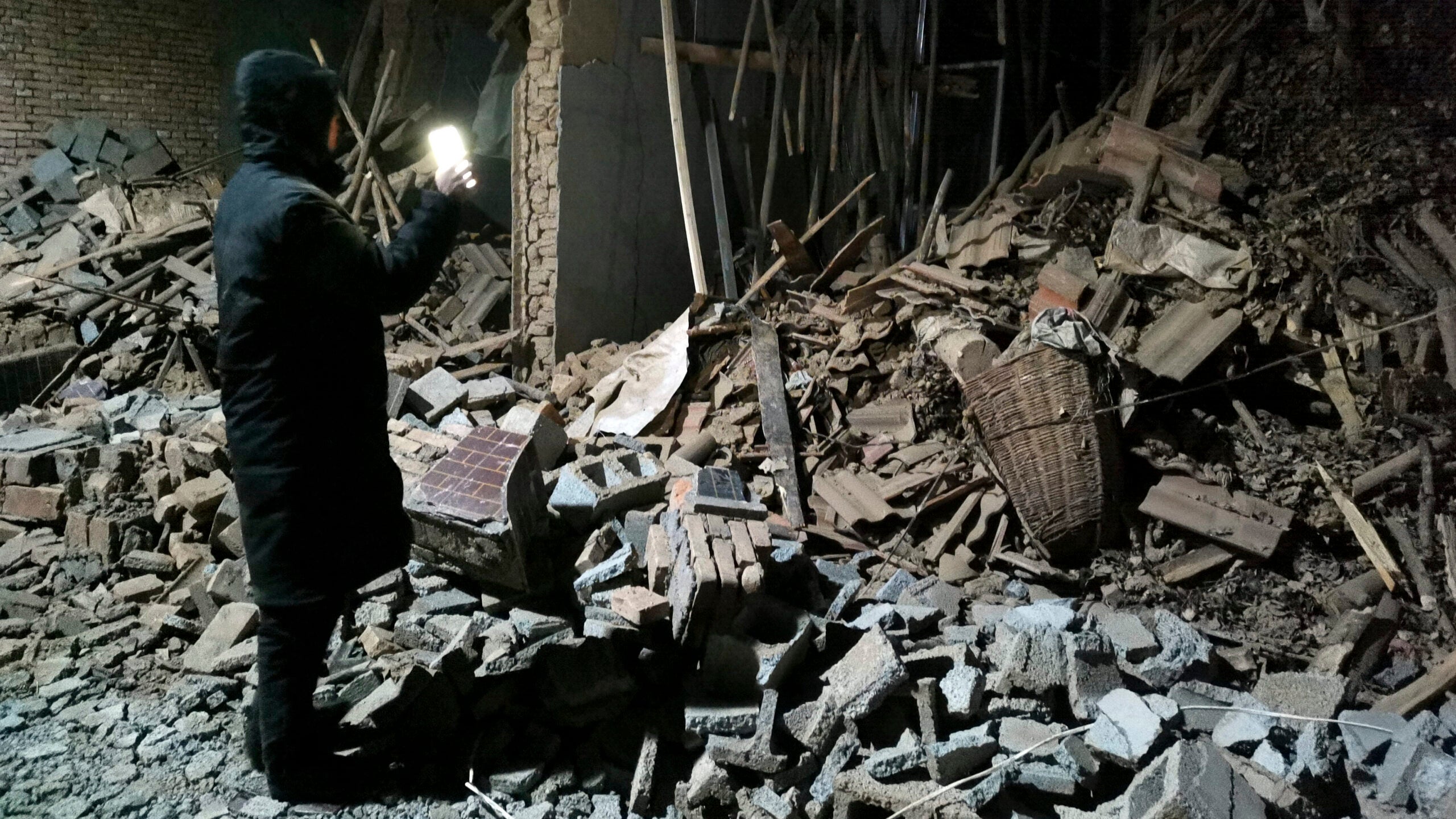Recently I had the pleasure of traveling to Buffalo and New York City to see His Holiness the Dalai Lama speak about the role of compassion in our lives. In Buffalo he spoke to a capacity crowd of 35,000 at the football stadium. In New York, he shared his teachings in an art deco auditorium to a more intimate audience of about 3000 people.
In the former he was speaking mostly to a university type crowd filled with a lot of college students, while in the latter he was talking to those who were studying Buddhism and were quite familiar with his life works. In both his message was clear: Think of others as your brothers and sisters and you will improve your life and theirs too. He often refers to the Chinese as his brothers and sisters which I find rather magnanimous considering the atrocities that the Chinese have committed on Tibet.
I have been involved in Tibetan causes since I was a student in Madison in the 1960’s when I first learned about the Chinese occupation of Tibet. After medical training as a Family Physician, my wife and I took off a year and tramped through Asia stopping in Japan, Thailand, Malaysia, Bali, extensively in the Indian sub-continent and Nepal. It was in Dharamsala, India, the northern part of the country which is surrounded by the gorgeous Himalayas, that we first saw His Holiness. I can still remember the day.
Stay informed on the latest news
Sign up for WPR’s email newsletter.
It was one of those crisp spring days in the mountains, only this one was punctuated by a rally for Tibetan independence. We were in back of a teeming group of nearly 5000 Tibetans when all of a sudden the Dalai Lama appeared quite near to us. We bowed, as was the custom, and then he went off to speak to the jubilant crowd. That one moment changed our lives. My wife Penelope and I had been studying Buddhism for quite some time, but somehow seeing and listening (through a translator) to this very wise monk was more than moving. It was momentous.
Many of the Tibetans at the rally had lost their homeland and many of their relatives and friends had been slaughtered in the uprising. And His Holiness, in his compassionate way, was talking about forgiveness, the waywardness of our Chinese friends, and especially not to fill your heart with hate and anger but rather love and compassion.
I thought if he could do that then perhaps I could too. I could forgive and move on from my frustrations. And perhaps my patients could as well. Those who are angry, frustrated, depressed and in awful social situations should search inside for compassion.
This was the pivotal moment when I understood that Western Technological medicine doesn’t have all the answers. Western technology offered anti depressants, tranquilizers, cognitive behavioral therapy and Freud, but it rarely talked about compassion and doing good for others. That’s where Buddhism, but more broadly ethical spiritual practices, could make the difference between being a good doctor and a great doctor. I could use his thoughts in my day to day practice in my office.
For example when you have an appendicitis you need to go to a good hospital and have surgery by a competent surgeon, but where does the caring fit in? Is it essential to healing? Is it essential to quality of life? Is it important for the whole improvement of the body and soul of the person?
Clearly the answer is yes, but for many years physicians in this country didn’t recognize this. The compassionate side of medicine and the caring aspect of healing the body improve both the physical and mental elements of disease.
A recent study out of the University of Maryland showed that those who are depressed, anxious, and socially isolated are more likely to die of heart failure than those who have friends and family at their side. Only recently has this type of “soft science” research been funded. Only now are we in the medical community recognizing its importance.
What does this mean to you and me? It means thinking today of that random act of kindness and then doing it. It means generating a warm heart to help prevent heart disease. That’s what I brought back from my recent trip to see this very important, wise monk.
~Zorba Paster
Wisconsin Public Radio, © Copyright 2024, Board of Regents of the University of Wisconsin System and Wisconsin Educational Communications Board.

